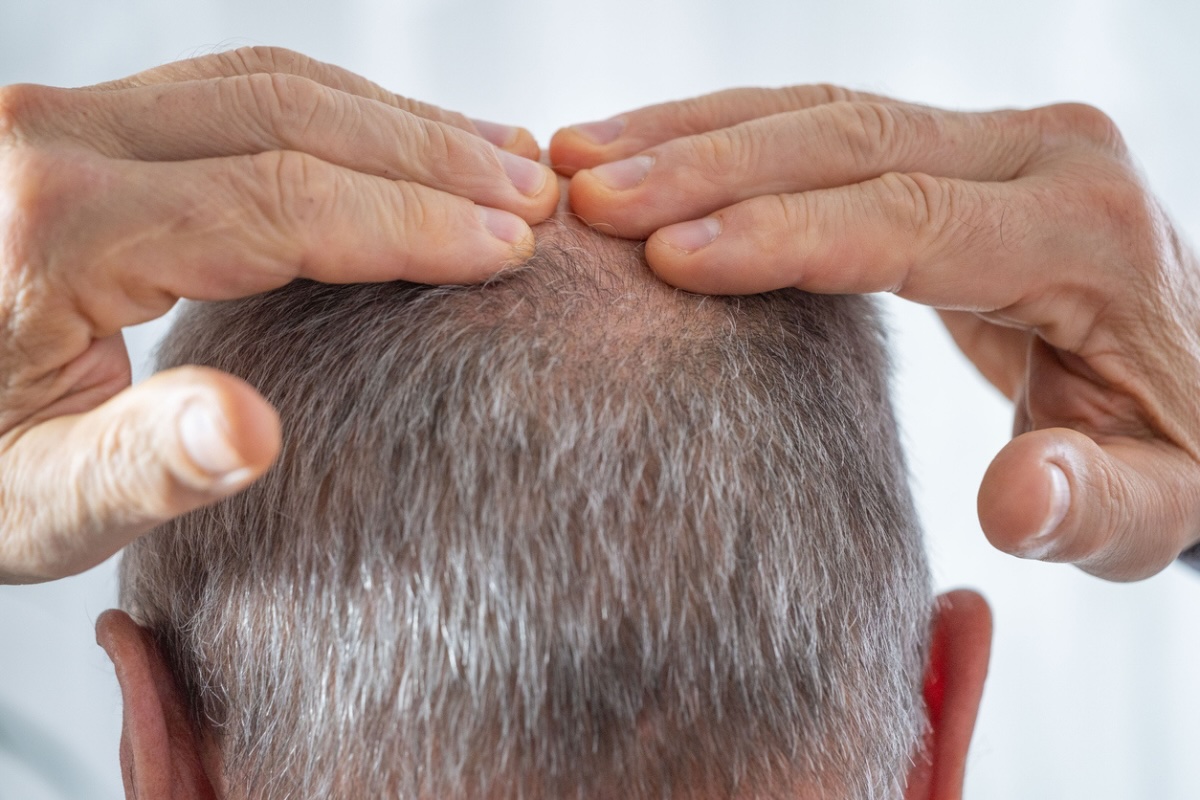Comprehensive new research implicates a single kinase in the hippocampus – SGK1 – as the crucial catalyst responsible for stress vulnerability, depression risk, and resilience.
Appearing in Molecular Psychiatry, the paper relies on the analysis of human brain tissue, population genetics, and a few mouse experiments. In it, university researchers argue that elevated SGK1 expression doesn’t just accompany severe psychopathology. It actively contributes to it, presenting a potentially powerful new drug target for preventing stress-related disorders.
Earlier studies have already shown that SGK1 (short for serum- and glucocorticoid-regulated kinase 1) skyrockets in response to stress. It also shows up in the bloodwork of depression patients. But whether this enzyme really does fuel psychiatric vulnerability (or simply reflects the physiology of stress) remains shrouded in mystery.
The new study, led by scientists at Columbia and McGill universities (among others), provides the most dramatic evidence to date that SGK1 helps steer the brain’s response to adversity.
“Current antidepressants are often less effective for people with a history of childhood adversity, who represent a large proportion of adults with depression,” the study’s leader, Christoph Anacker, assistant professor of clinical neurobiology at Columbia, explained. “What’s exciting about our study is that it raises the prospect of quickly developing new treatments, as SGK1 inhibitors are in development for other conditions, and gives us a screening tool to identify people at greatest risk.”
Elevated SGK1 Levels
Working with the postmortem hippocampal tissue from 50 men, the researchers found that individuals who died by suicide showed much higher SGK1 expression than controls who died of natural causes.
Notably, SGK1 levels appeared elevated among suicide decedents who had documented early life adversity (ELA), such as abuse or neglect. This pattern suggested to researchers that childhood trauma might fundamentally reroute hippocampal stress-response pathways. And SGK1 could be one of its most persistent molecular signatures. This echoes earlier studies that showed that stress can boost SGK1 expression in rodents.
Methodology
To uncover whether individual genetic differences in SGK1 regulation matter, the team analyzed data from more than 8,500 children in the Adolescent Brain Cognitive Development (ABCD) Study. They constructed an “expression-based polygenic risk score” (ePRS) that reflected how strongly a person’s SGK1-related genetic variants predict SGK1 expression in the hippocampus. They discovered that kids with depression boasted higher SGK1 ePRS numbers than their peers. The score also tracked against the severity of depressive symptoms.
But the real revelation emerged when the study’s authors took another look at early life adversity. SGK1 ePRS amplified the link between ELA, depression symptoms, and suicide attempts.
Children with high SGK1-linked genetic risk showed greater sensitivity to adversity. Those with lower predicted SGK1 expression appeared comparatively protected. The effect appeared only in the hippocampus. Similar polygenic scores for the amygdala, nucleus accumbens, anterior cingulate cortex, and prefrontal cortex failed to reveal the same pattern.
Mouse Experiments Reveal Causal Role
But human data all by itself can’t establish whether SGK1 is a cause of psychiatric vulnerability. For that, the team turned to animal models.
Using three separate mouse paradigms – early life adversity, chronic corticosterone exposure, and chronic social defeat stress – the researchers found that SGK1 reliably rose in the hippocampus under adverse conditions. Among socially defeated mice, susceptible animals (those displaying social withdrawal) showed markedly higher SGK1 expression than resilient ones.
Then the researchers flipped the equation: they reduced SGK1 expression directly in the dentate gyrus using a targeted viral approach. With hippocampal SGK1 knocked down by about 85%, mice were far more resilient to chronic social defeat stress. They did not develop the typical patterns of social avoidance, and fewer animals met criteria for stress susceptibility.
SGK1 Inhibition Offers Hope
In the most translational arm of the study, mice received a small-molecule SGK1 inhibitor before each stress exposure. The drug crept over the blood-brain barrier, boosted exploration and adaptive behavior, and prevented the emergence of social avoidance and depressive-like responses.
It also normalized two crucial hippocampal markers of stress pathology:
- SGK1 inhibition appeared to preserve neurogenesis.
- It also curbed the dentate gyrus hyperactivity.
Together, these findings suggest that SGK1 plays an active role in tweaking hippocampal circuits in ways that increase susceptibility.
While the study fails to answer some lingering questions, the convergence of animal and human evidence positions SGK1 as an intriguing therapeutic target. The kinase appears to crouch at the intersection of early life adversity, genetic predisposition, neurobiological stress responses, and behavioral risk.
If future treatments can modulate SGK1 safely, they could offer a way to prevent stress from cascading into long-term psychiatric illness.
Further Reading
Suicide Risk Skyrockets After Involuntary Psychiatric Discharge



